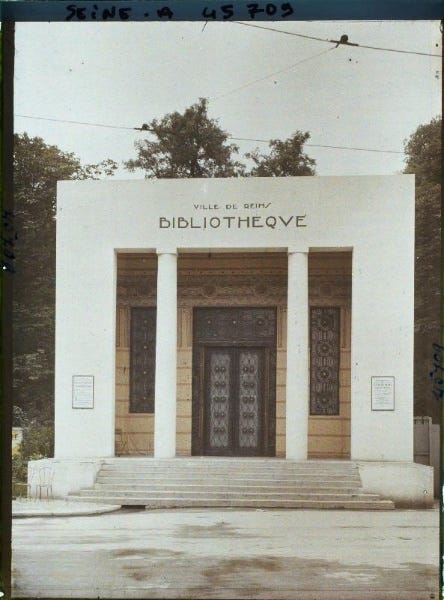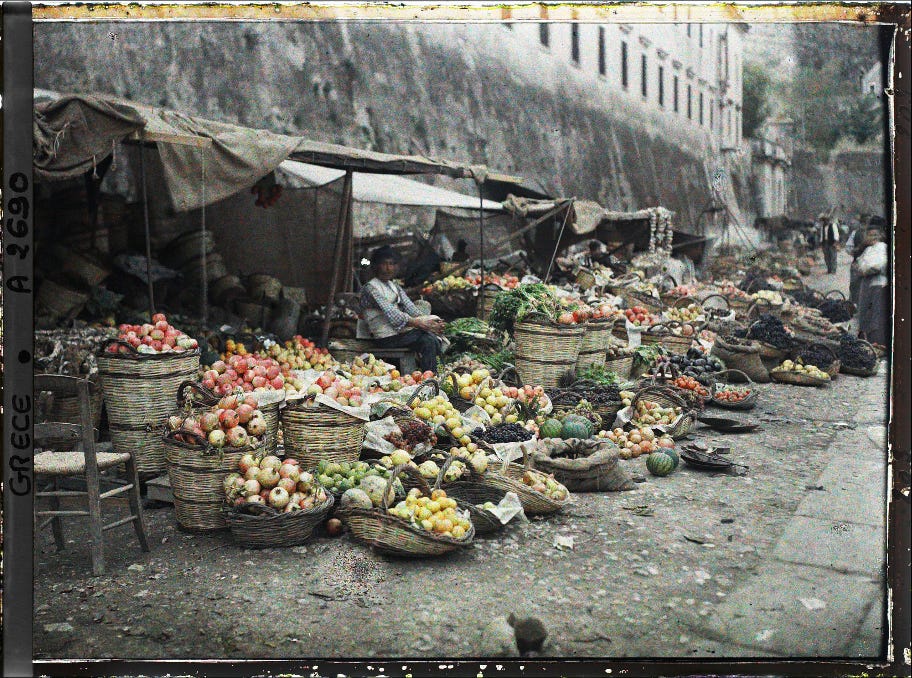
So, how do you actually write a living literature review? In the more than two years that I have been writing this (time really flies), sometimes I get asked how I go about writing the posts here. With this post, I want to answer this question. While this is focused on a living literature review, I think these notes are probably helpful for everybody who has to do at least some scientific writing or wants to do more of that in the future.









